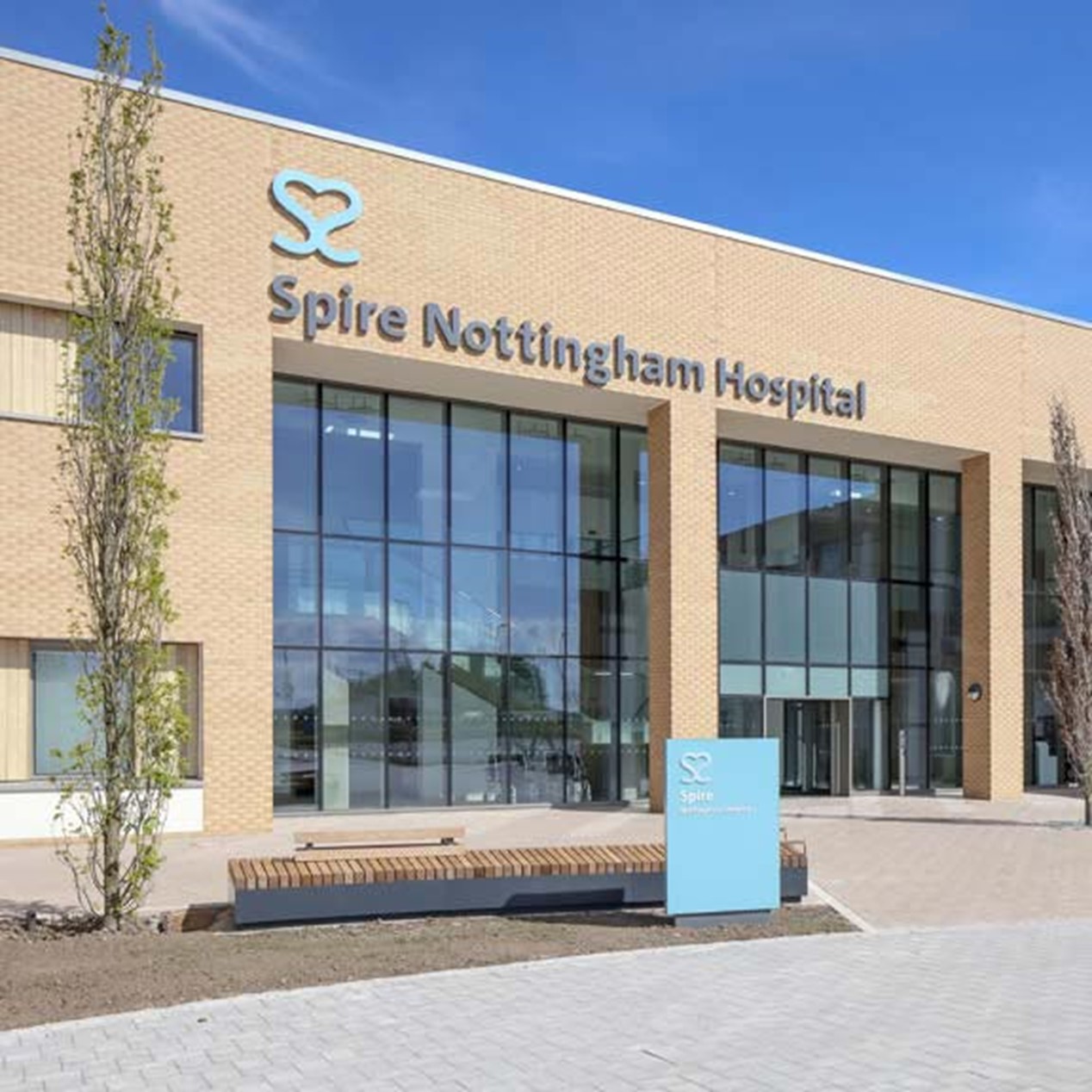View this treatment at your local spire Spire Hospital
- Local pricing
- Consultants near you
- Payment options
- Local pricing
- Consultants near you
- Payment options
Spinal cord stimulation – also known as neuromodulation – is a treatment option for patients with chronic neuropathic (nerve) pain in their back and/or limbs, which has not improved with other treatments.
Why you might need it
Chronic pain is often used to describe pain that has been continuous for three months or more. This type of pain often persists even after the underlying cause has been treated.
Experiencing pain for a long time can lead to lack of sleep, a weakened immune system and a reduction in physical and social activity. All of these things can, in turn, lead to anxiety and depression.
These symptoms create a vicious cycle, in which pain becomes the centre of your life. It is very important to get treatment that can reverse some of these symptoms and get you back on the road to recovery.
If you have chronic pain, you may be advised to try more conservative treatments first - such as painkillers and physiotherapy. If they fail to give you relief, you may be offered spinal cord stimulation if appropriate.
Find a Spire hospital offering this treatment

Who will do it?
If you suffer from chronic pain, you will be under the care of a consultant in pain management. Our pain specialists are experts in managing a wide range of problems. They are fully accredited and are all Fellows of the Faculty of Pain Medicine at the Royal College of Anaesthetists or equivalent. They will also have many years of experience dealing with a wide range of conditions.
Our patients are at the heart of what we do and we want you to be in control of your care. To us, that means you can choose the consultant you want to see, and when you want. They’ll be with you every step of the way: from giving advice at your first consultation, through to offering on-going support after your treatment.
All of our surgeons are of the highest calibre and benefit from working in our modern, well equipped hospitals.
Our consultants have high standards to meet, often holding specialist NHS posts and delivering expertise in complex sub-specialty surgeries. A number of our consultants have international reputations for their research in their specialised field.
Before your treatment
You will have a formal consultation with a healthcare professional. During this time you will be able to explain your medical history, symptoms and raise any concerns that you might have.
We will also discuss with you whether any further diagnostic tests, such as scans or blood tests, are needed. Any additional costs will be discussed before further tests are carried out.
Preparing for your treatment
We've tried to make your experience with us as easy and relaxed as possible.
For more information on visiting hours, our food, what to pack if you're staying with us, parking and all those other important practicalities, please visit our patient information pages.
Our dedicated team will also give you tailored advice to follow in the run up to your visit.
The procedure
To ascertain whether spinal cord stimulation will provide you with sufficient pain relief you will have a temporary stimulator fitted for approximately one week. If you find it to be effective, the temporary stimulator will be replaced with a permanent one.
Performed under a local anaesthetic, the procedure involves placing electrical leads/wires under your skin through a needle into the back, close to the spinal column. An incision is then made either in your abdomen, chest wall or upper buttock and a small battery (generator) is implanted under the skin. The wires are then connected so the whole system is positioned under the skin. The generator subsequently releases electrical currents to the spinal column.
The entire procedure takes up to 90 minutes to perform.
Aftercare
We’re with you every step of the way through your recovery, even after you’ve left hospital. Typically your consultant will want to see you after your treatment to see how you’re doing.
We will talk to you about the possible risks and complications of having this procedure and how they apply to you.
If you have any questions or concerns we’re ready to help.
Why choose Spire?
We are committed to delivering excellent individual care and customer service across our network of hospitals, clinics and specialist care centres around the UK. Our dedicated and highly trained team aim to achieve consistently excellent results. For us it's more than just treating patients, it's about looking after people.
Important to note
The treatment described on this page may be adapted to meet your individual needs, so it's important to follow your healthcare professional's advice and raise any questions that you may have with them.

